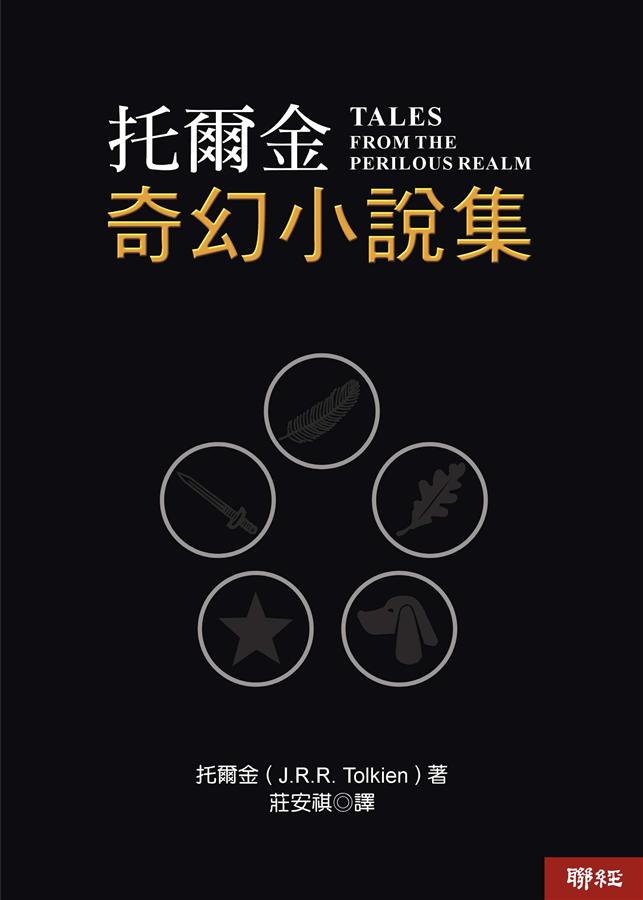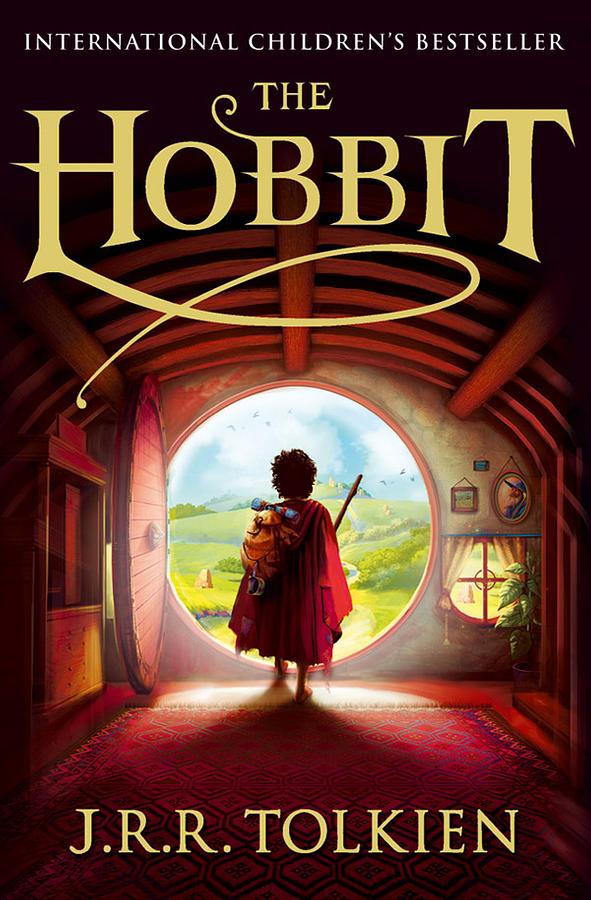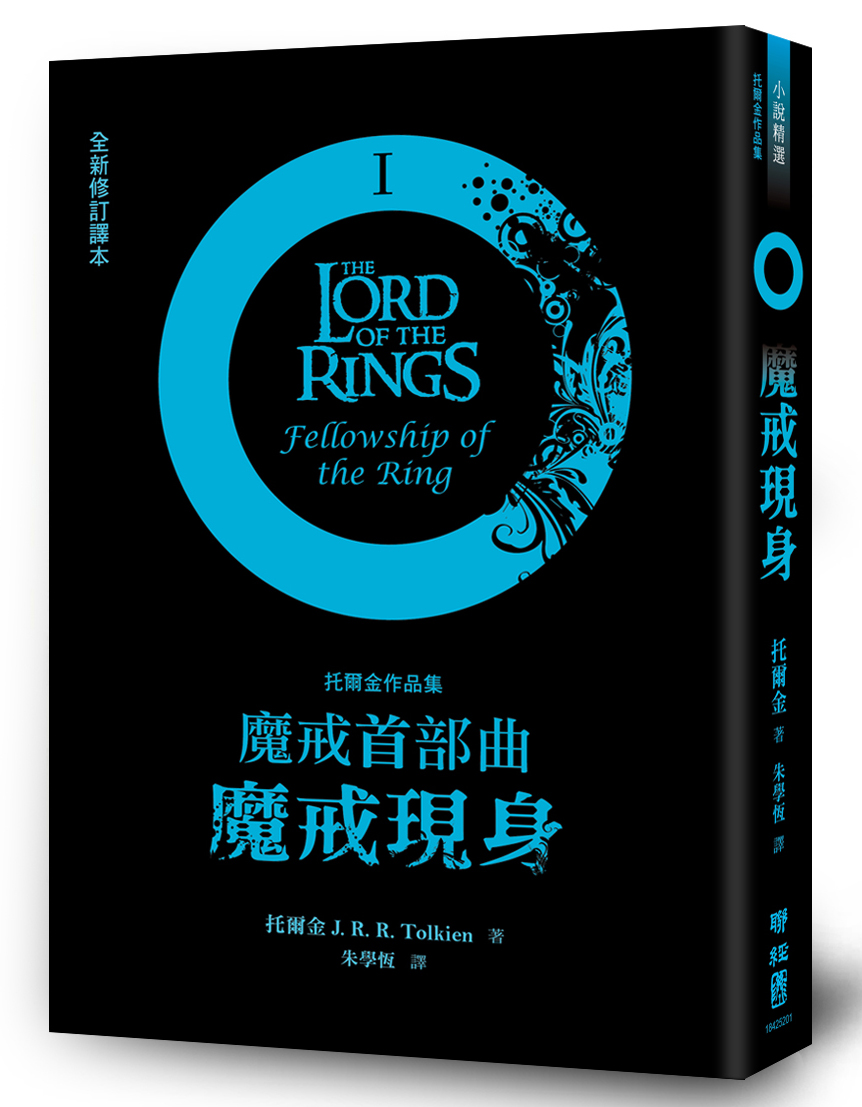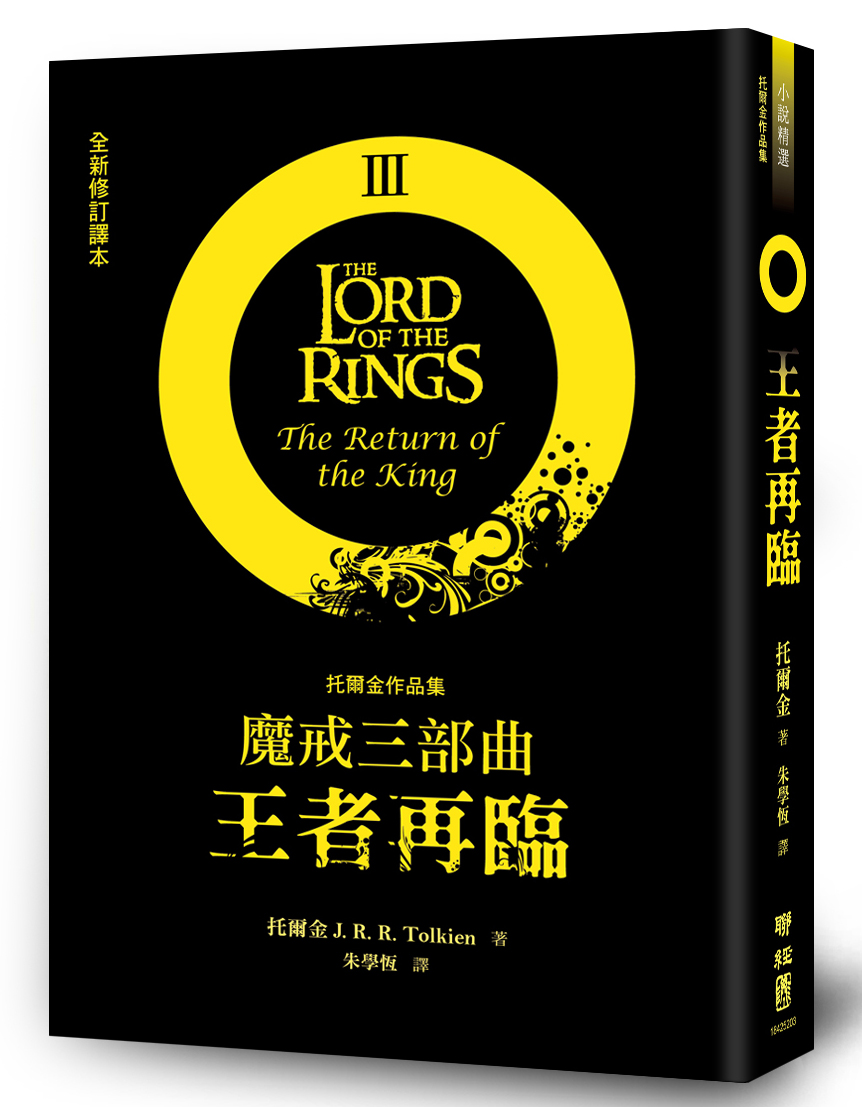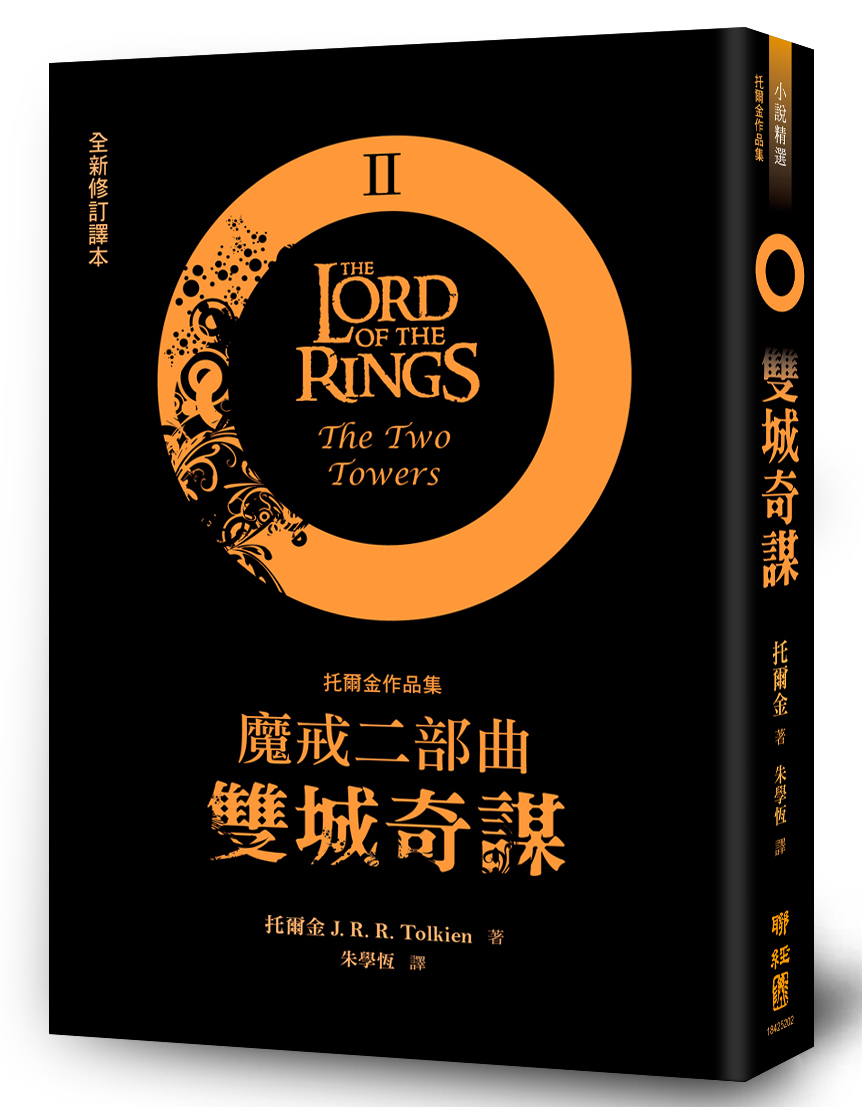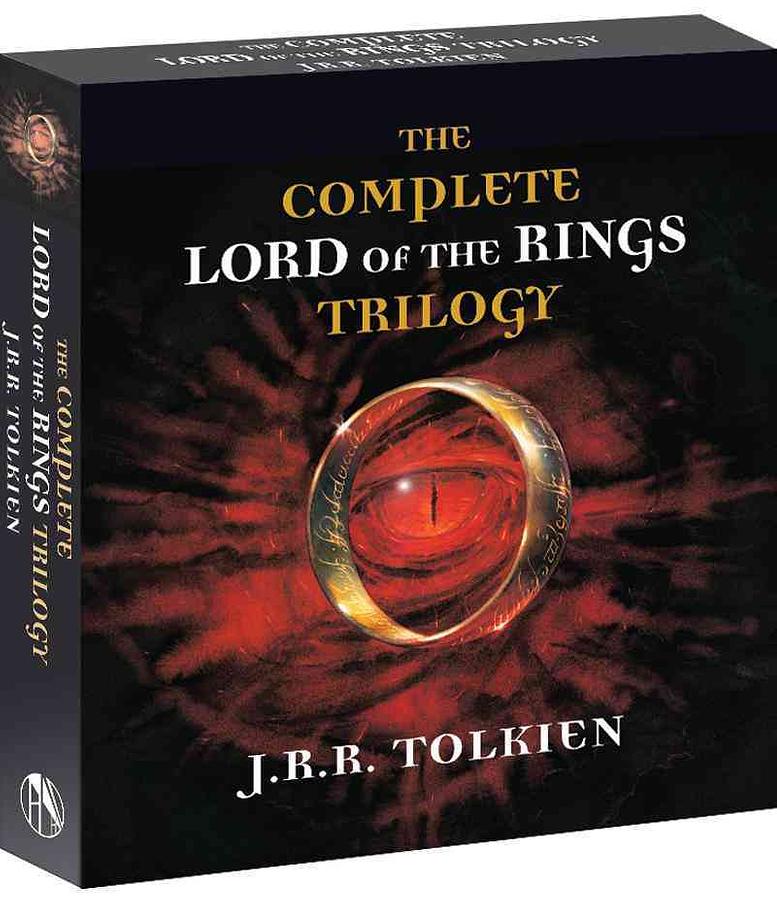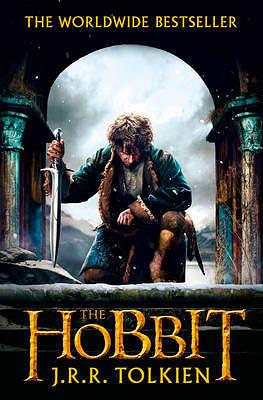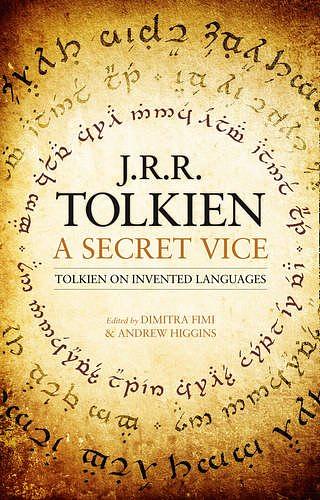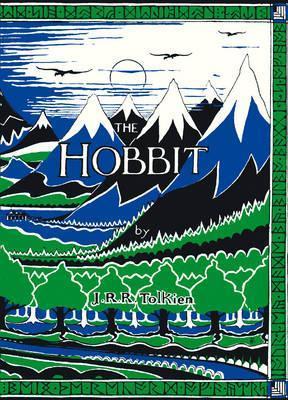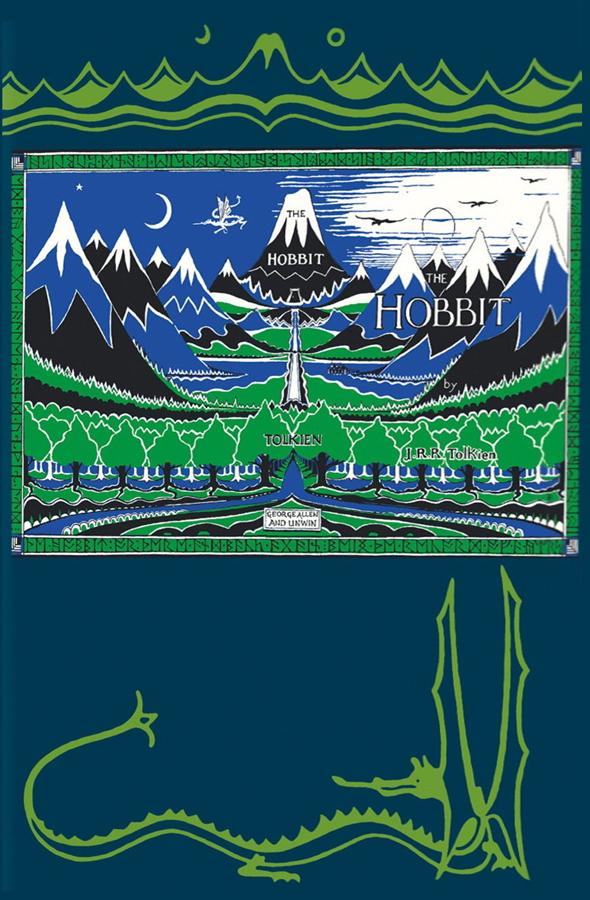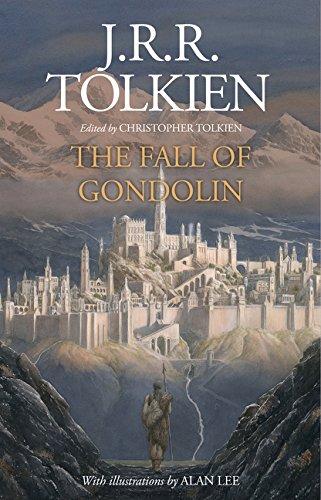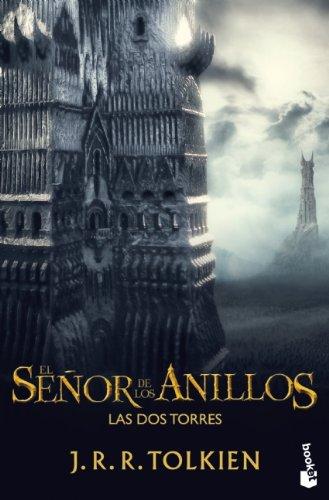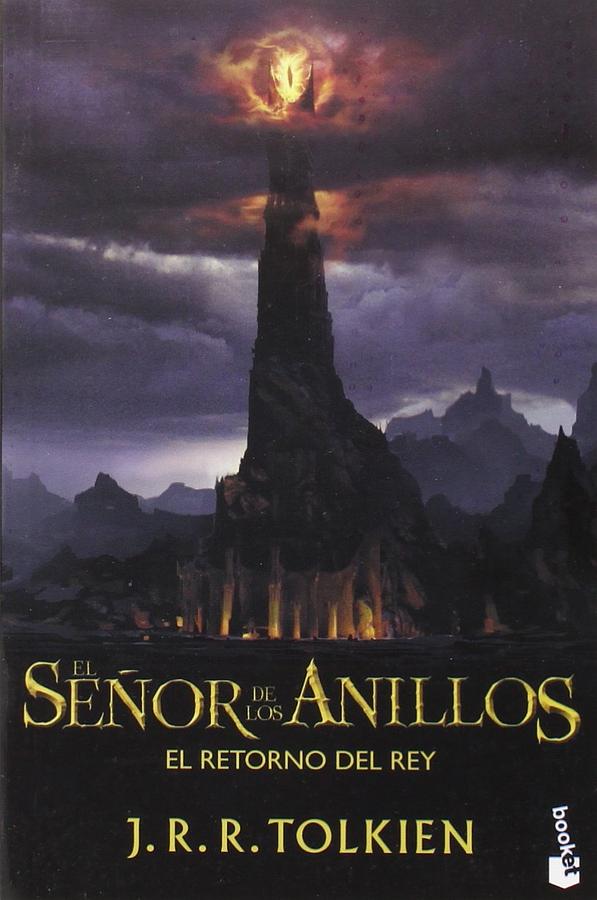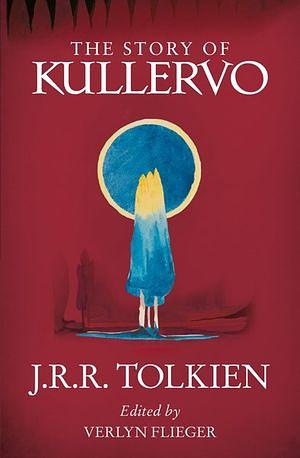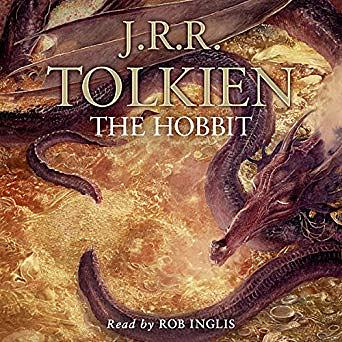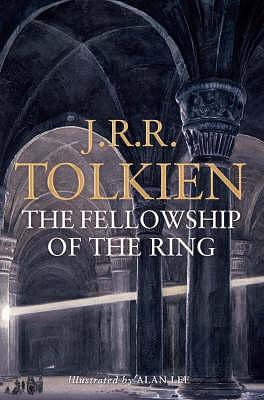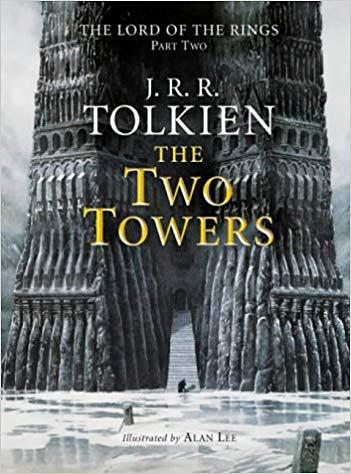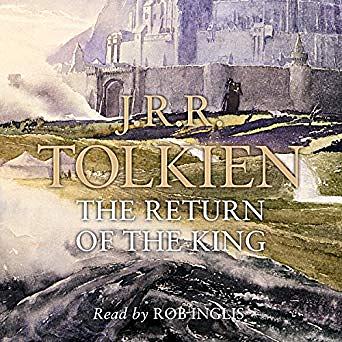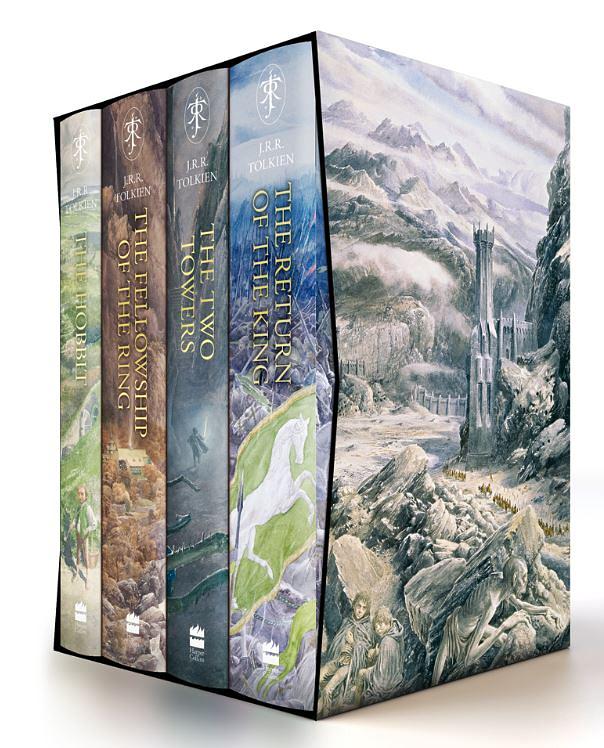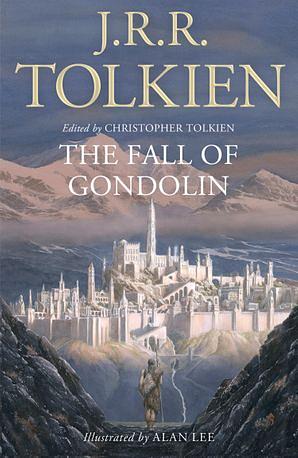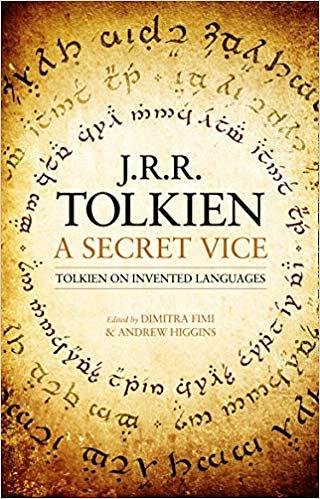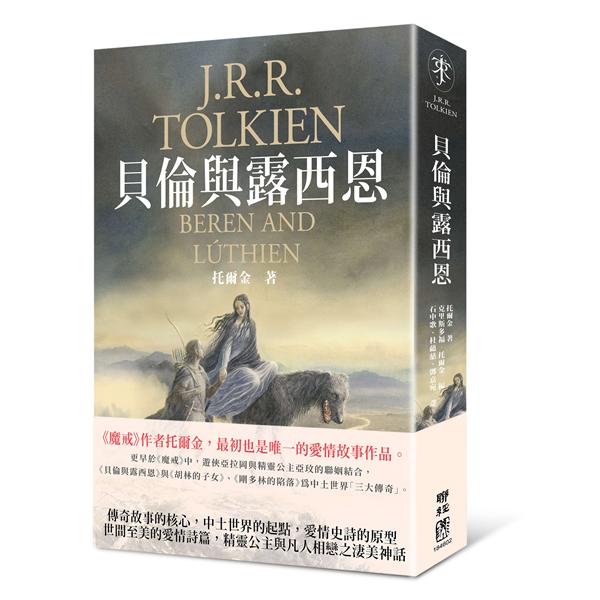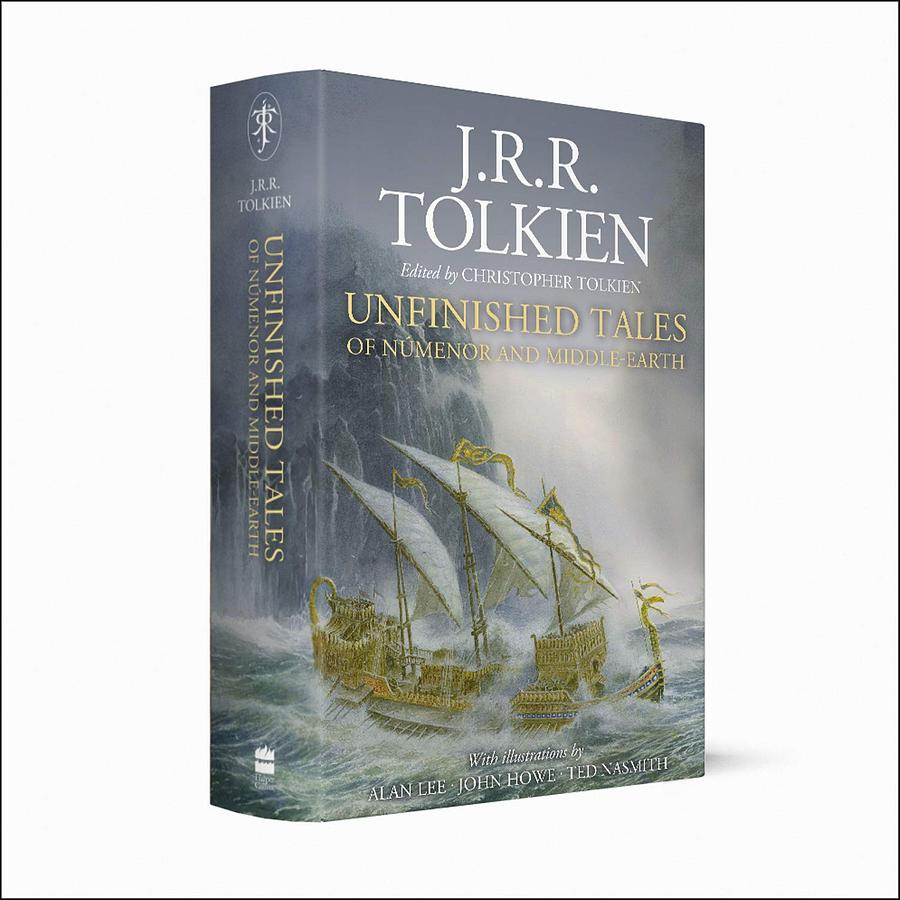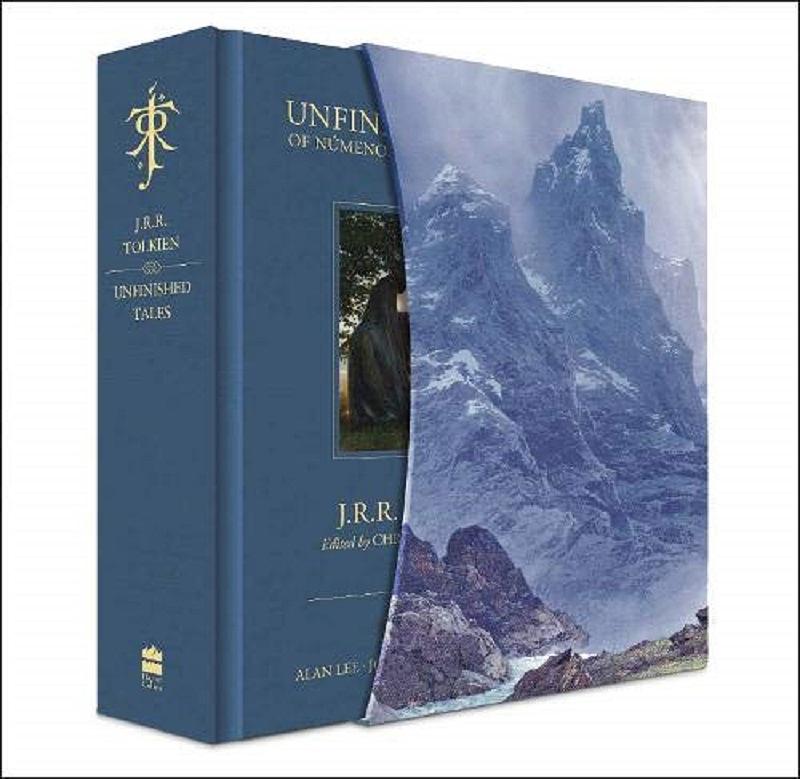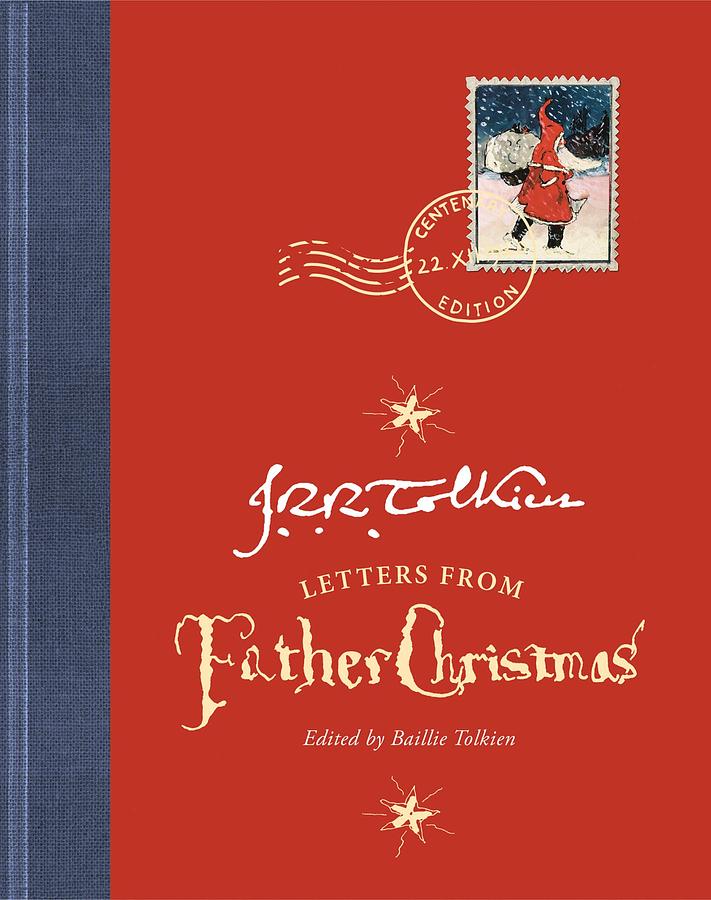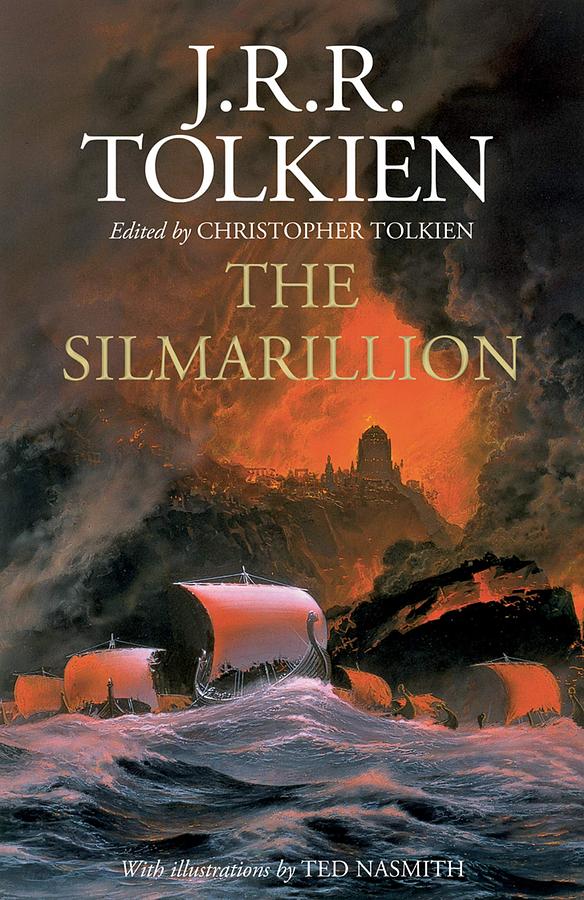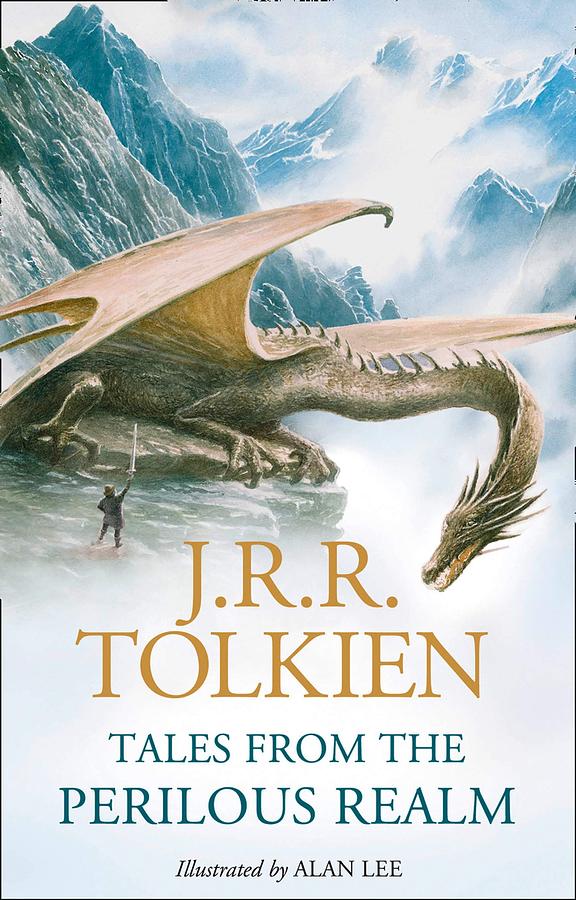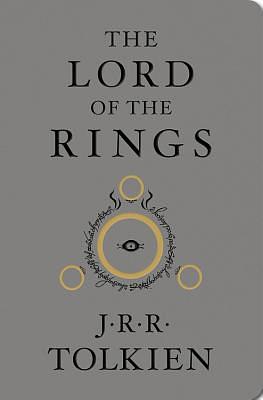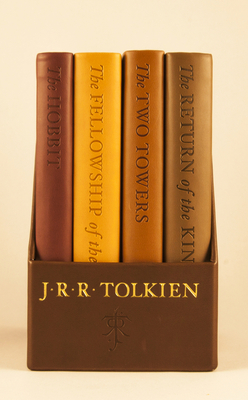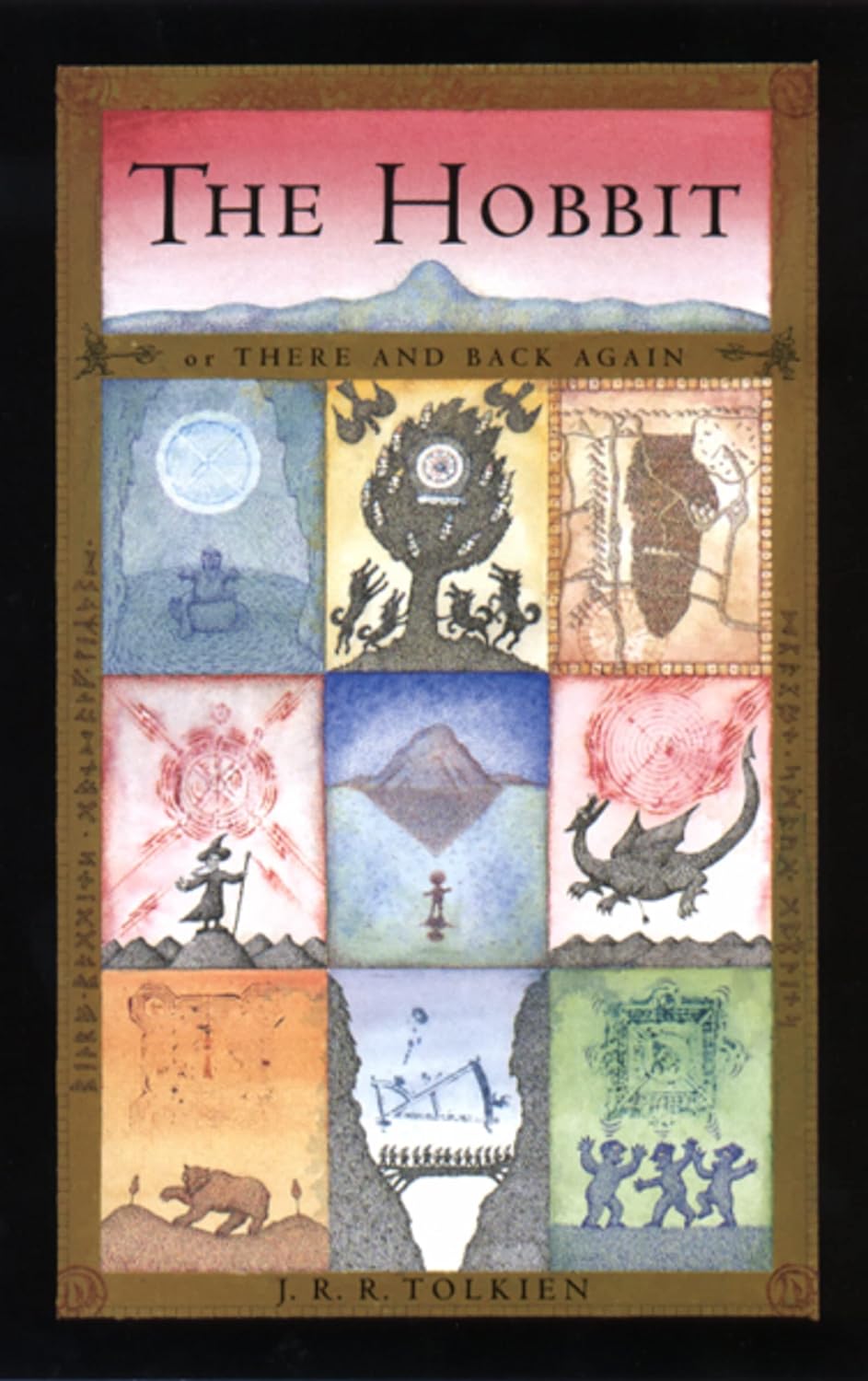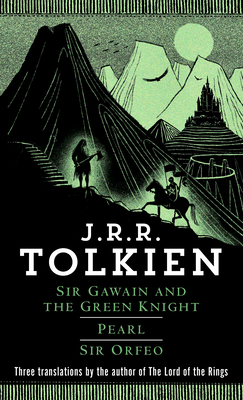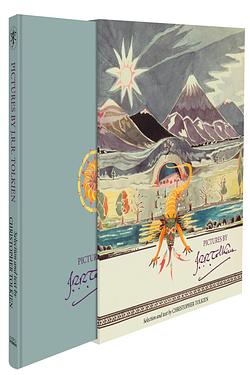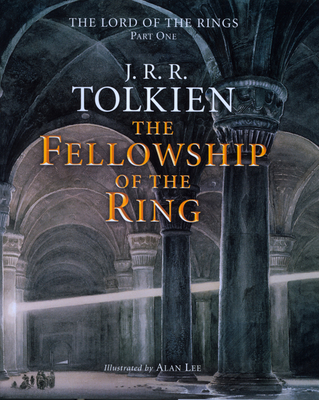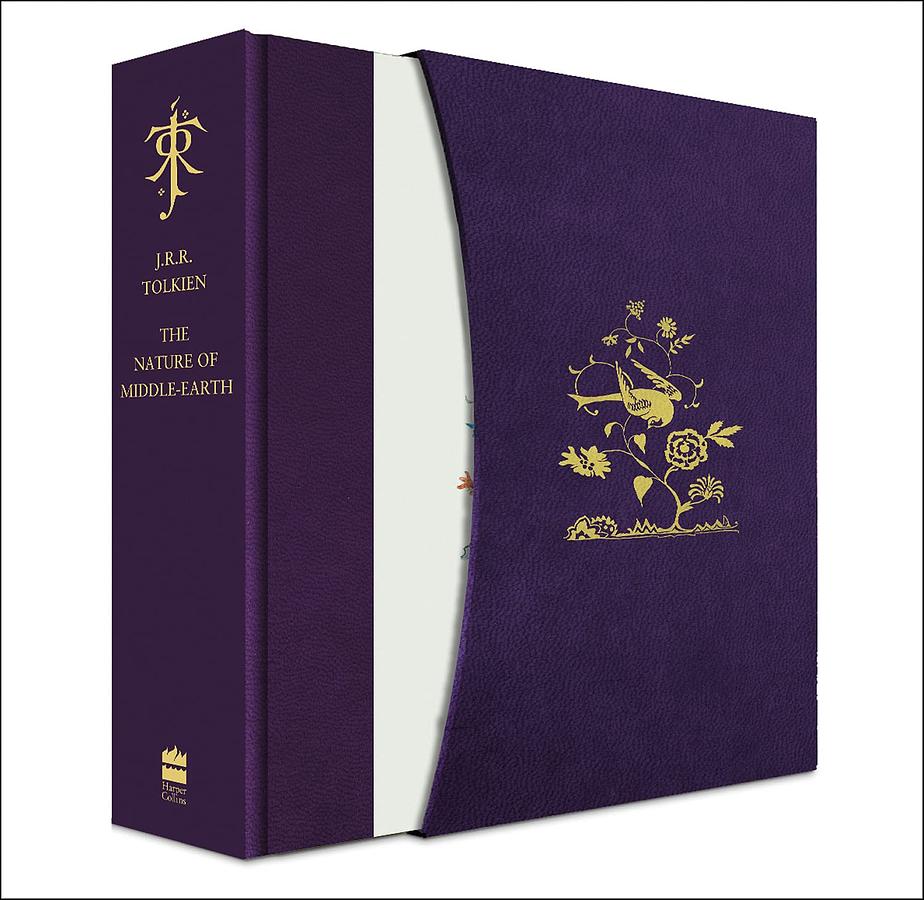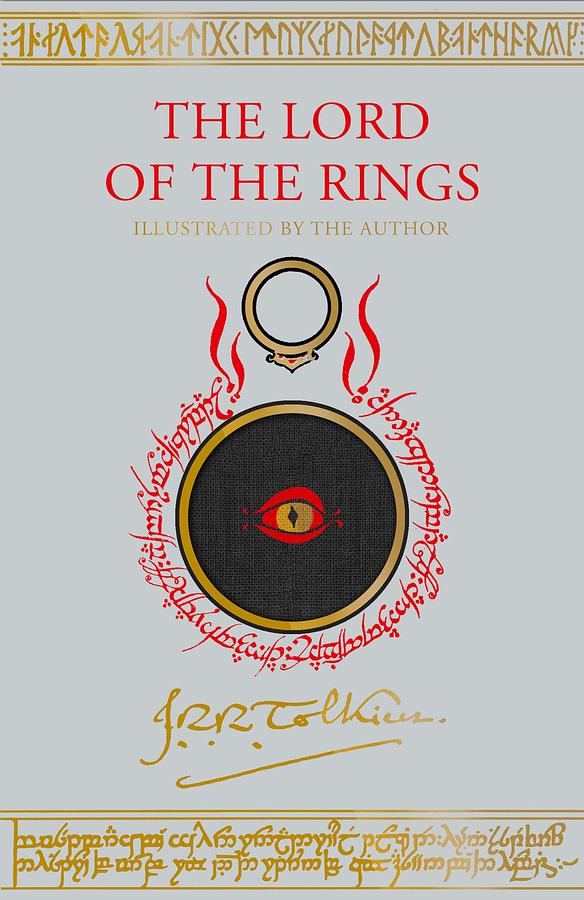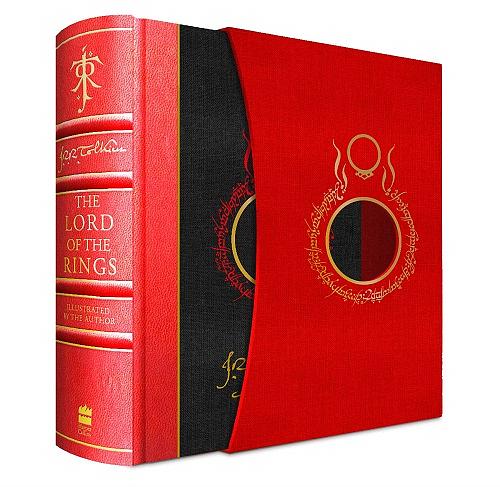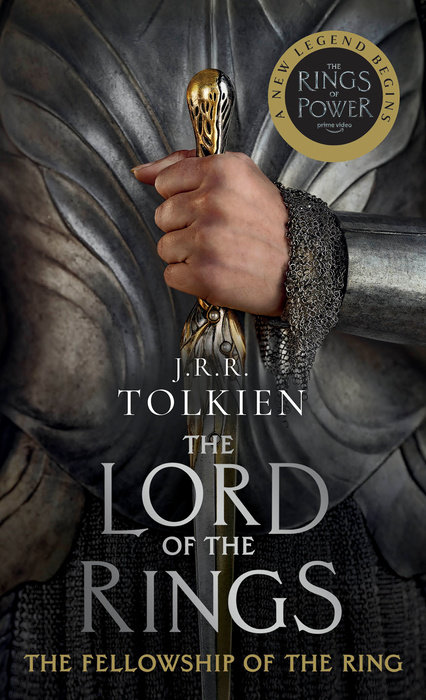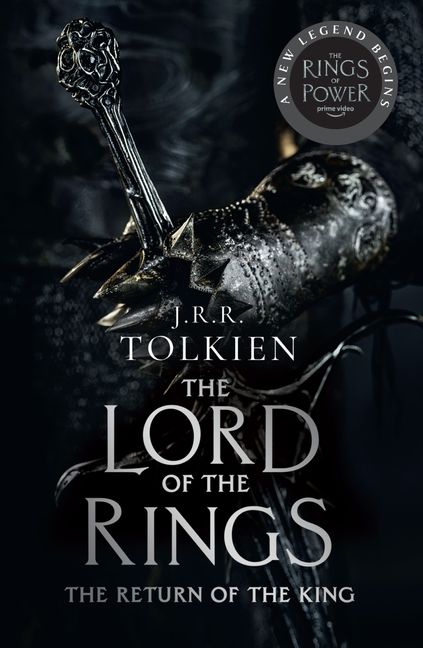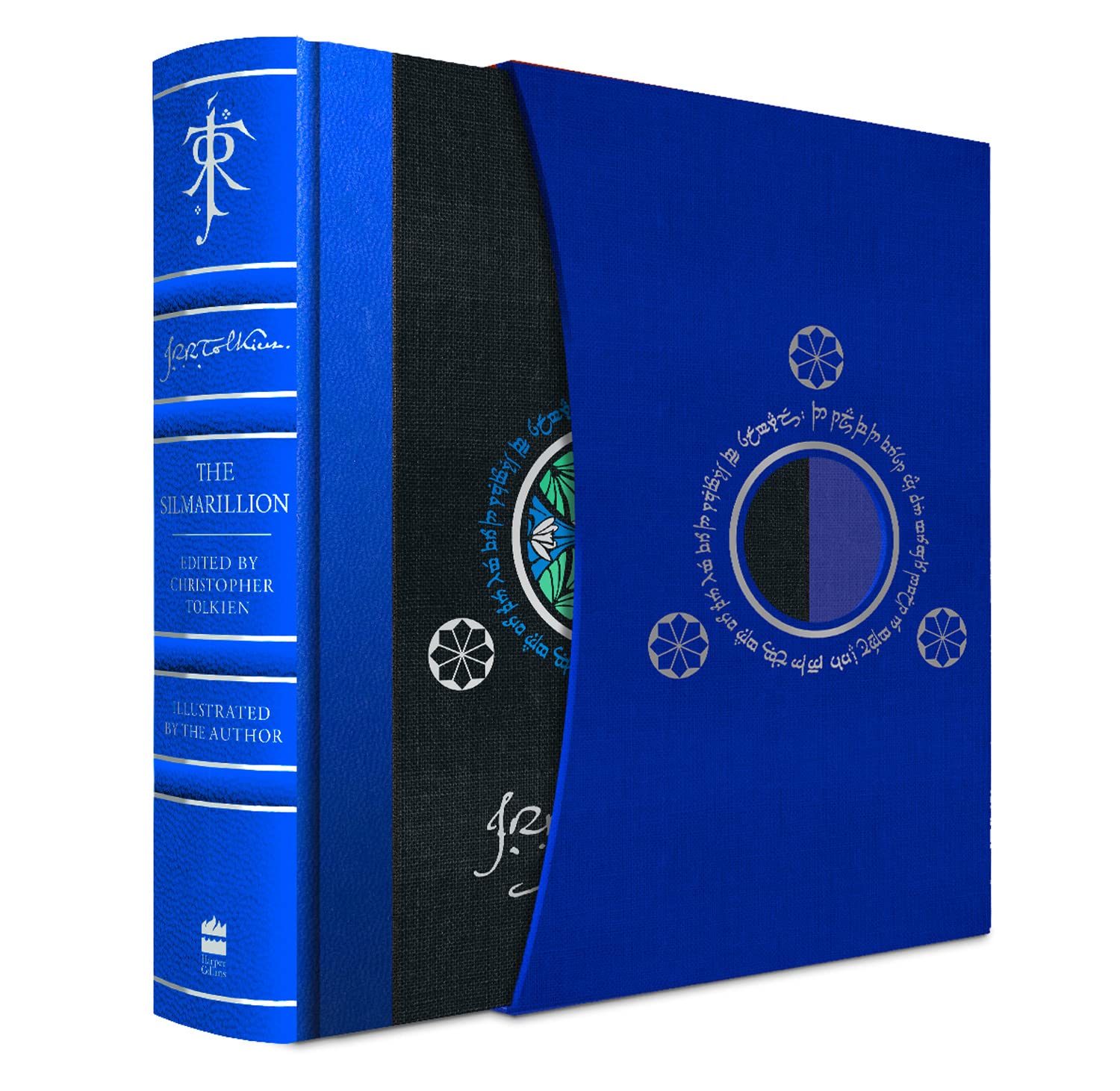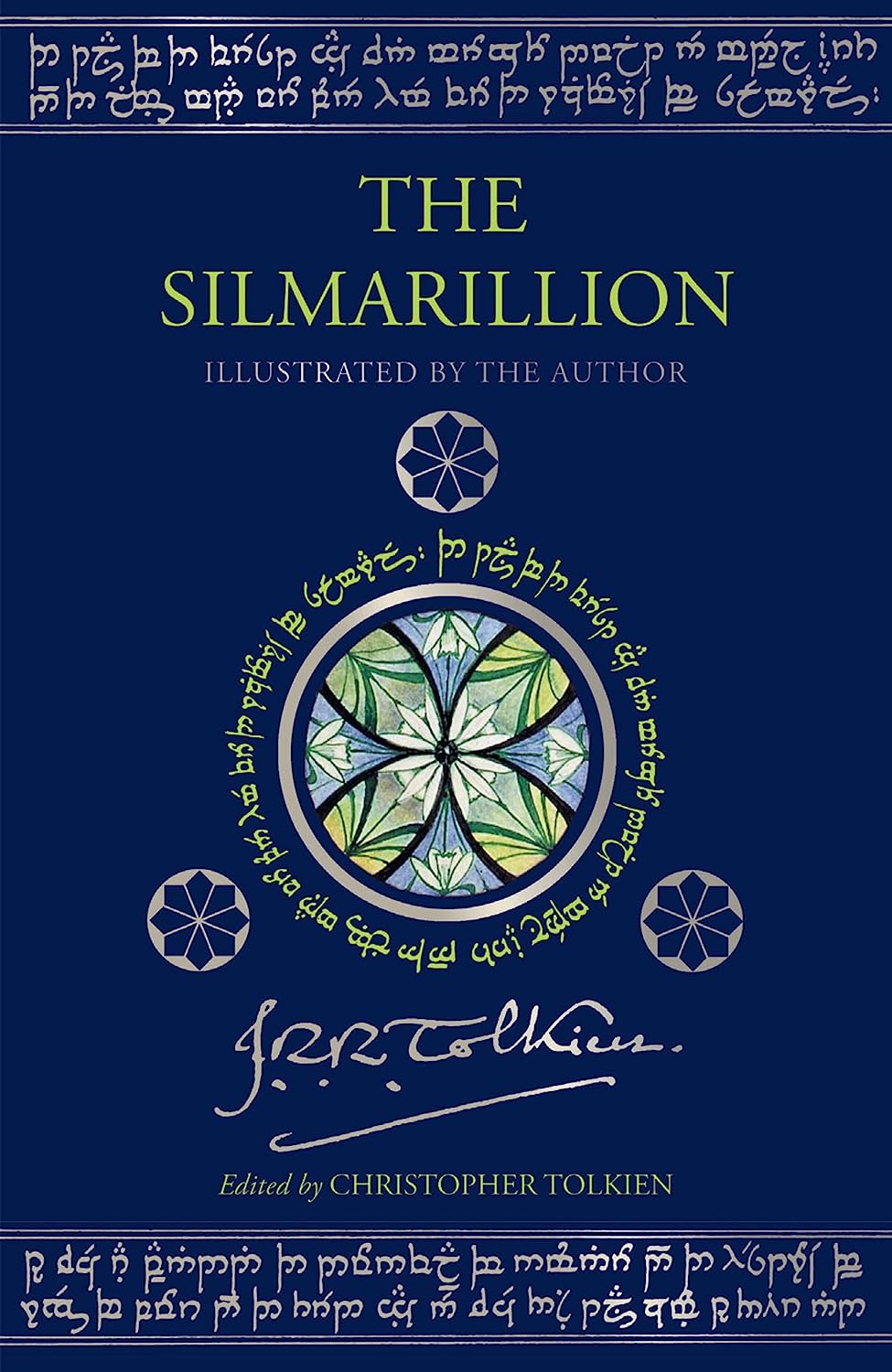79
495391
內容簡介
以《魔戒》系列作聞名世界的英國大作家托爾金,在逝世四十多年後,由托爾金的兒子整理書稿,再次推出新作,本書最早於一九一七連開始撰寫,到美國版出版的二零一七年足足過了一百年,再次重新中土世界的愛恨情仇。
故事講述第一紀元的中土世界,人類之子貝倫和精靈公主露西安的愛情故事。
露西安是備受寵愛的精靈公主,她和貝倫的感情是不被允許的,因此,精靈王庭葛,也就是露西安的父親,故意指派一項艱難幾近不可能的任務給貝倫,完成任務才能和露西安成親。
這項任務就是去黑暗之地魔苟斯將一個精靈寶鑽取回。
但魔苟斯是索倫的主人,是極為黑暗的存在,過程非常艱辛,露西安也是想盡辦法幫助貝倫,最後雖然貝倫完成了任務,卻被惡狼咬掉手臂,好不容易到手的精靈寶鑽也被惡狼吞下。
貝倫最後為了保護庭葛身受重傷死去。
Painstakingly restored from Tolkien's manuscripts and presented for the first time as a continuous and standalone story, the epic tale of Beren and Luthien will reunite fans of The Hobbit and The Lord of the Rings with Elves and Men, Dwarves and Orcs and the rich landscape and creatures unique to Tolkien's Middle-earth. The tale of Beren and Luthien was, or became, an essential element in the evolution of The Silmarillion, the myths and legends of the First Age of the World conceived by J.R.R. Tolkien. Returning from France and the battle of the Somme at the end of 1916, he wrote the tale in the following year. Essential to the story, and never changed, is the fate that shadowed the love of Beren and Luthien: for Beren was a mortal man, but Luthien was an immortal Elf. Her father, a great Elvish lord, in deep opposition to Beren, imposed on him an impossible task that he must perform before he might wed Luthien. This is the kernel of the legend; and it leads to the supremely heroic attempt of Beren and Luthien together to rob the greatest of all evil beings, Melkor, called Morgoth, the Black Enemy, of a Silmaril. In this book Christopher Tolkien has attempted to extract the story of Beren and Luthien from the comprehensive work in which it was embedded; but that story was itself changing as it developed new associations within the larger history. To show something of the process whereby this legend of Middle-earth evolved over the years, he has told the story in his father's own words by giving, first, its original form, and then passages in prose and verse from later texts that illustrate the narrative as it changed. Presented together for the first time, they reveal aspects of the story, both in event and in narrative immediacy, that were afterwards lost.
故事講述第一紀元的中土世界,人類之子貝倫和精靈公主露西安的愛情故事。
露西安是備受寵愛的精靈公主,她和貝倫的感情是不被允許的,因此,精靈王庭葛,也就是露西安的父親,故意指派一項艱難幾近不可能的任務給貝倫,完成任務才能和露西安成親。
這項任務就是去黑暗之地魔苟斯將一個精靈寶鑽取回。
但魔苟斯是索倫的主人,是極為黑暗的存在,過程非常艱辛,露西安也是想盡辦法幫助貝倫,最後雖然貝倫完成了任務,卻被惡狼咬掉手臂,好不容易到手的精靈寶鑽也被惡狼吞下。
貝倫最後為了保護庭葛身受重傷死去。
Painstakingly restored from Tolkien's manuscripts and presented for the first time as a continuous and standalone story, the epic tale of Beren and Luthien will reunite fans of The Hobbit and The Lord of the Rings with Elves and Men, Dwarves and Orcs and the rich landscape and creatures unique to Tolkien's Middle-earth. The tale of Beren and Luthien was, or became, an essential element in the evolution of The Silmarillion, the myths and legends of the First Age of the World conceived by J.R.R. Tolkien. Returning from France and the battle of the Somme at the end of 1916, he wrote the tale in the following year. Essential to the story, and never changed, is the fate that shadowed the love of Beren and Luthien: for Beren was a mortal man, but Luthien was an immortal Elf. Her father, a great Elvish lord, in deep opposition to Beren, imposed on him an impossible task that he must perform before he might wed Luthien. This is the kernel of the legend; and it leads to the supremely heroic attempt of Beren and Luthien together to rob the greatest of all evil beings, Melkor, called Morgoth, the Black Enemy, of a Silmaril. In this book Christopher Tolkien has attempted to extract the story of Beren and Luthien from the comprehensive work in which it was embedded; but that story was itself changing as it developed new associations within the larger history. To show something of the process whereby this legend of Middle-earth evolved over the years, he has told the story in his father's own words by giving, first, its original form, and then passages in prose and verse from later texts that illustrate the narrative as it changed. Presented together for the first time, they reveal aspects of the story, both in event and in narrative immediacy, that were afterwards lost.
規格
誠品貨碼 / 2681576938003
ISBN13 / 9780008214227
ISBN10 / 0008214220
EAN貨碼 / 9780008214227
頁數 / 288
注音版 / 否
裝訂 / P:平裝
語言 / 3:英文
尺寸 / 19.8X12.9X2.3CM
級別 / N:無
退貨說明
退貨須知:
- 依照消費者保護法的規定,您享有商品貨到次日起七天猶豫期(含例假日)的權益(請注意!猶豫期非試用期),辦理退貨之商品必須是全新狀態(不得有刮傷、破損、受潮)且需完整(包含全部商品、配件、原廠內外包裝、贈品及所有附隨文件或資料的完整性等)。
- 請您以送貨廠商使用之包裝紙箱將退貨商品包裝妥當,若原紙箱已遺失,請另使用其他紙箱包覆於商品原廠包裝之外,切勿直接於原廠包裝上黏貼紙張或書寫文字。若原廠包裝損毀將可能被認定為已逾越檢查商品之必要程度,本公司得依毀損程度扣除回復原狀必要費用(整新費)後退費;請您先確認商品正確、外觀可接受,再行拆封,以免影響您的權利;若為產品瑕疵,本公司接受退貨。
依「通訊交易解除權合理例外情事適用準則」,下列商品不適用七日猶豫期,除產品本身有瑕疵外,不接受退貨:
- 易於腐敗、保存期限較短或解約時即將逾期。(如:生鮮蔬果、乳製品、冷凍冷藏食材、蛋糕)
- 依消費者要求所為之客製化給付。(如:客製印章、鋼筆刻字)
- 報紙、期刊或雜誌。
- 經消費者拆封之影音商品或電腦軟體。
- 非以有形媒介提供之數位內容或一經提供即為完成之線上服務,經消費者事先同意始提供。(如:電子書)
- 已拆封之個人衛生用品。(如:內衣褲、襪類、褲襪、刮鬍刀、除毛刀等貼身用品)
- 國際航空客運服務。
若您退貨時有下列情形,可能被認定已逾越檢查商品之必要程度而須負擔為回復原狀必要費用(整新費),或影響您的退貨權利,請您在拆封前決定是否要退貨:
- 以數位或電磁紀錄形式儲存或著作權相關之商品(包含但不限於CD、VCD、DVD、電腦軟體等) 包裝已拆封者(除運送用之包裝以外)。
- 耗材(包含但不限於墨水匣、碳粉匣、紙張、筆類墨水、清潔劑補充包等)之商品包裝已拆封者(除運送用之包裝以外)。
- 衣飾鞋類/寢具/織品(包含但不限於衣褲、鞋子、襪子、泳裝、床單、被套、填充玩具)或之商品缺件(含購買商品、附件、內外包裝、贈品等)或經剪標或下水或商品有不可回復之髒污或磨損痕跡。
- 食品、美容/保養用品、內衣褲等消耗性或個人衛生用品、商品銷售頁面上特別載明之商品已拆封者(除運送用之包裝外一切包裝、包括但不限於瓶蓋、封口、封膜等接觸商品內容之包裝部分)或已非全新狀態(外觀有刮傷、破損、受潮等)與包裝不完整(缺少商品、附件、原廠外盒、保護袋、配件紙箱、保麗龍、隨貨文件、贈品等)。
- 家電、3C、畫作、電子閱讀器等商品,除商品本身有瑕疵外,退回之商品已拆封(除運送用之包裝外一切包裝、包括但不限於封膜等接觸商品內容之包裝部分、移除封條、拆除吊牌、拆除貼膠或標籤等情形)或已非全新狀態(外觀有刮傷、破損、受潮等)與包裝不完整(缺少商品、附件、原廠外盒、保護袋、配件紙箱、保麗龍、隨貨文件、贈品等)。
- 退貨程序請參閱【客服專區→常見問題→誠品線上退貨退款】之說明。
付款/配送





